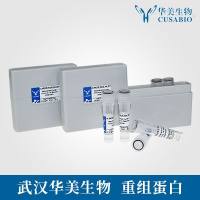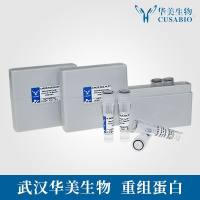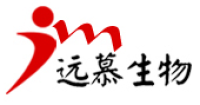In vitro immunization involves the exposure of spleen cells to antigen in tissue culture rather than the antigenic stimulation of spleen cells via immunization of mice. The production of monoclonal antibodies (MAbs) to highly conserved molecules, such as enzymes (1 ,2 ), is possible using in vitro immunization. MAbs to such “self”-antigens often are not possible to make using traditional in vivo methods owing to immune suppression or tolerance. Utilizing in vitro immunization, it is possible to elicit the formation of MAbs in response to picogram quantities of antigen (3 –6 ). Although certain protocols (1 ,7 ) indicate a minimum requirement of from 30–100 �g antigen for in vitro immunization, we have found that the nanogram or picogram quantities of antigen available from blotted polyacrylamide gels provide sufficient antigen for the preparation of MAbs by in vitro immunization (3 ,5 ). Additional advantages of in vitro immunization include shortening the immunization procedure from the 5 or 6 wk required for in vivo immunization to 4 d, allowing defined antigen concentrations, and controlling antigen degradation (3 ).






